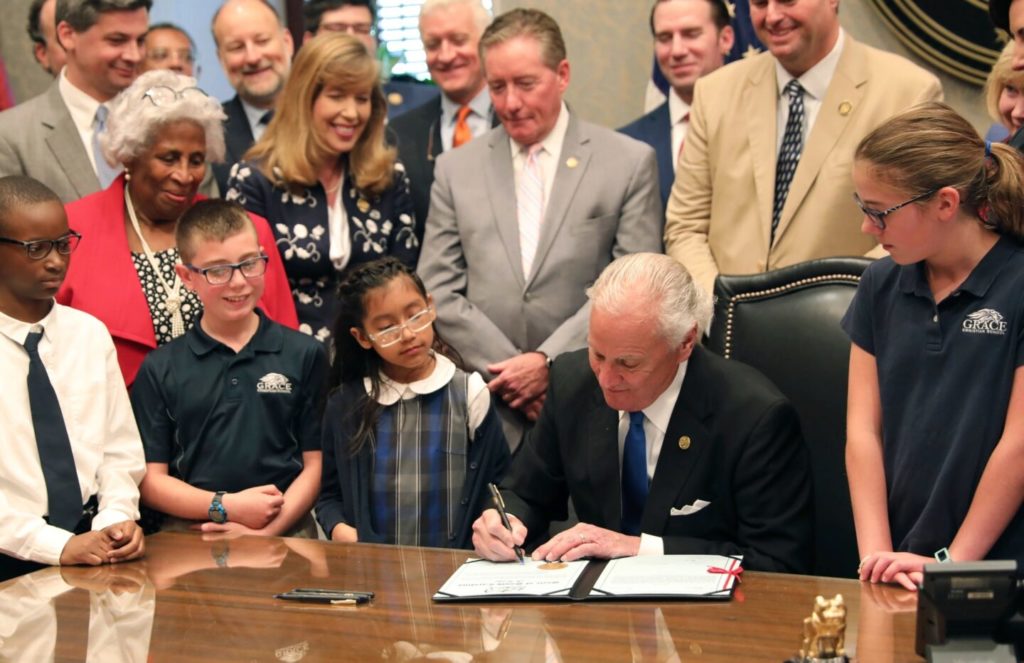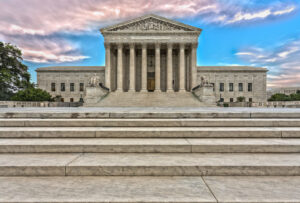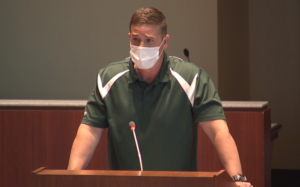South Carolina Supreme Court stops state’s school choice program, ‘wreaks havoc’ on nearly 3,000 students, families already in it
The Blaine Amendments strike again.
The South Carolina Supreme Court effectively ended the state’s school choice program Wednesday, citing the antiquated Blaine Amendments in the…

The Blaine Amendments strike again.
The South Carolina Supreme Court effectively ended the state’s school choice program Wednesday, citing the antiquated Blaine Amendments in the state’s constitution.
In a narrow 3-2 decision, the court said it was unconstitutional to use taxpayer money to pay for private, K-12 school tuition. This, despite a 1972 change to the state’s constitution that has allowed both pre-kindergarten and college students to receive state support while attending private schools since then.
School choice advocates, who worked tirelessly on the legislation that passed last year to create the education scholarship accounts, decried the decision.
“Families cried tears of joy when the scholarship funds became available for their children, and today’s Supreme Court ruling brings those same families tears of devastation,” said Ellen Weaver, the state superintendent of education who had led a group pushing for the law before being elected to her current role.
The ruling’s timing, she says, “midway through the first quarter of the new school year wreaks havoc on the participating students and their families.”
The program, which represented two decades of work to pass, has offered $6,000 scholarships to public-school children in families at or below 200% of the federal poverty level (about $62,000 for a family of four). It offered 5,000 scholarships this year, and was scheduled to rise to 10,000 next year and 15,000 the following year.
What will happen to the 2,880 students currently enrolled in the program remains unclear. The state already issued $1,500 payments into accounts of parents who could designate it for educational expenses such as tuition, tutoring and transportation.
The court’s decision effectively blocks the disbursement of more funds for tuition, but not for transportation and other items covered under the law. An education department spokesman said the agency is not required to recoup tuition money that has already been paid.
Blaine Amendments appear in 37 state constitutions. They forbid public funds from going directly to religious education institutions, but South Carolina changed its constitution in 1972 to allow money to go indirectly to religious schools.
Supporters of the school choice law argued the scholarship accounts, which parents direct, are a form of indirect payment. Similar programs are used by 17 states, including Iowa, Arizona and Missouri.
The Palmetto Promise Institute encouraged Weaver, and state treasurer Curtis Loftis, to appeal the court’s decision, citing that “the United States Supreme Court has spoken at least three times on the unconstitutionality of Blaine Amendments in state constitutions,” it said in a release.
Michael Burris, head of the South Carolina Policy Council, said the ruling “harms the very students trapped in South Carolina’s struggling school system, depriving them of what, for many, is their best chance at a quality education and a brighter future.”
“If you look at where South Carolina is ranked nationally in public schools, it’s at the bottom, 48th or 49th,” Burris told The Lion. “And when you look at the intent of this program, it is to offer an alternative choice to families who are stuck in a situation that has a cyclical nature of not producing results and has been holding back students from maximizing their achievement.”
U.S. Rep. William Timmons, a Republican representing a northwestern portion of South Carolina, said on X the court should not “override the will of state legislators and their constituents given the clear, well-drawn legislation,” and that he would “do everything in my power to continue to fight for educational freedom, despite today’s ruling.”
Gov. Henry McMaster, a Republican who signed the bill into law, said he would ask the state court to quickly reconsider its ruling, citing the popularity of school choice and the pre-k and college scholarship programs, which have never been challenged in court.



